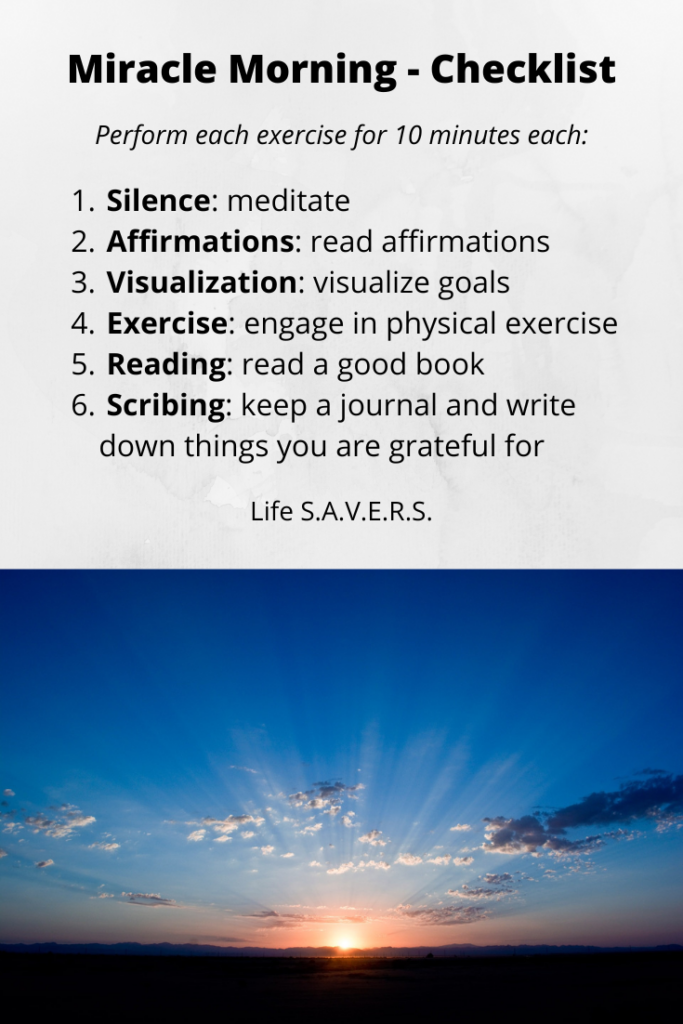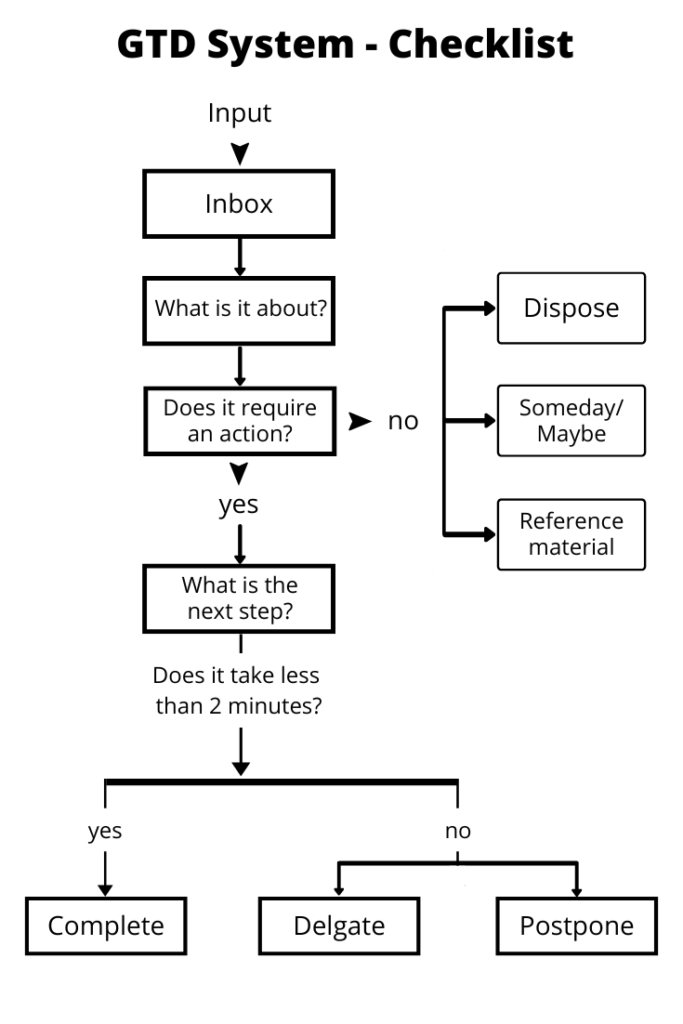Checklists: How To Document And Apply Processes
Checklists are an excellent way to outline and document recurring processes and procedures, allowing you to reuse a learned sequence whenever you need it. For instance, if you learn a useful method while reading that you may need multiple times or regularly, it’s helpful to create a checklist of that method. This way, you can always refer to the checklist and follow it step by step.
Creating a Checklist
Start by writing down all the essential steps of the process and noting any important considerations for each step. Next, organize the sequence by clearly describing each step as well as the order of execution. For straightforward processes, you can use a numbered list. For more complex processes, which may include alternative or parallel paths, a sketched representation of the process, such as a flowchart, can be helpful.


Managing Checklists
To have your checklists readily accessible, it’s important to create a system for organizing and managing them. Each checklist should have a title that clearly indicates when and for what purpose it’s used. Additionally, creating a folder system for your checklists will keep them organized. This can be done either physically or digitally. Set up a main folder for all checklists, sorting them based on a structure that makes sense to you. For example, you might categorize checklists by their context of use, differentiating between those you need at work versus at home. Another option is to sort them by topic or by frequency of use. The advantage of digital storage is that you can quickly find checklists by searching for their title.
If a checklist is needed regularly in a specific location, placing it there can be a useful reminder and make it easy to follow. For example, you might keep the “Miracle Morning” checklist on your nightstand so that it’s immediately accessible after waking up. If you require a checklist in various locations, saving it on your smartphone and setting a reminder for it can be very helpful.



